In North America, the regulations governing vehicle licensing are not only multifaceted but also largely determined by individual states and provinces. The issue of whether a semi-trailer can operate without a license plate is one that has generated significant discourse among logistics companies, fleet managers, and trucking enthusiasts alike. As manufacturers of semi-trailers, it is crucial to navigate this landscape with precision, ensuring compliance and maintaining operational efficacy.
What Constitutes a Semi-Trailer?
Before delving into the intricacies of licensing requirements, it’s imperative to establish a clear definition of what constitutes a semi-trailer. A semi-trailer is a type of trailer that is designed to be towed by a tractor unit. It has a distinctive feature: a section of its weight is supported by the tractor, as it typically lacks a front axle. This unique design renders semi-trailers versatile for transporting a myriad of cargo types, from perishable goods to heavy machinery.
The Licensing Dilemma
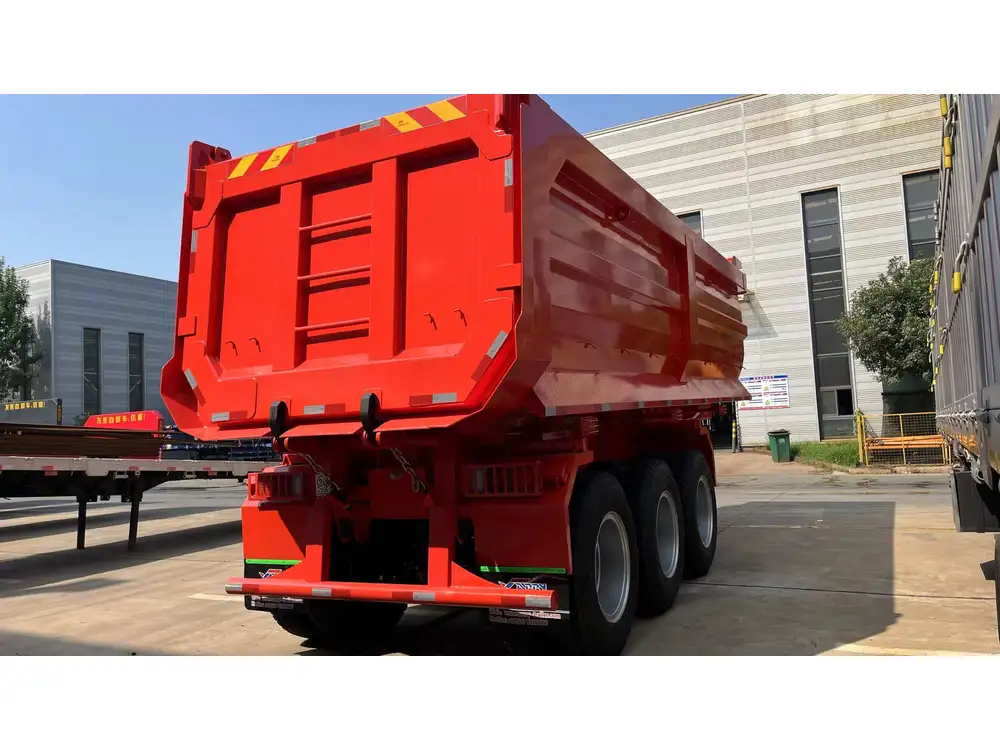
State Regulations: The Crucial Variable
The necessity of a license plate for semi-trailers hinges predominantly on regional regulations. Here’s a breakdown of how regulations can vary significantly:
| State/Province | License Plate Requirement for Semi-Trailers | Comments |
|---|---|---|
| California | Required | All trailers must display a valid license plate. |
| Texas | Required | License plates are issued at the county level. |
| Florida | Not required for unregistered trailers | Some exceptions apply based on trailer weight. |
| Ontario | Required | Semi-trailer should display a plate as per highway standards. |
Understanding Exemptions
In jurisdictions where a license plate is not required, certain exemptions typically apply. For instance, if the semi-trailer is solely used for off-road purposes, or if it is a towable device that does not exceed a specific weight limit, owners may be exempt from licensing. However, understanding the exact parameters for such exemptions is essential, as ignorance can lead to hefty fines and legal complications.
The Importance of Proper Registration
Regardless of state-specific laws, proper registration of semi-trailers carries several benefits. These include:
- Legal Protection: An unregistered trailer might be subject to impoundment by law enforcement.
- Insurance Issues: Without a proper license plate, obtaining insurance coverage becomes challenging and often leads to higher premiums.
- Resale Value: Registered semi-trailers generally have better resale value, as buyers are often cautious of unlicensed vehicles due to potential legal encumbrances.
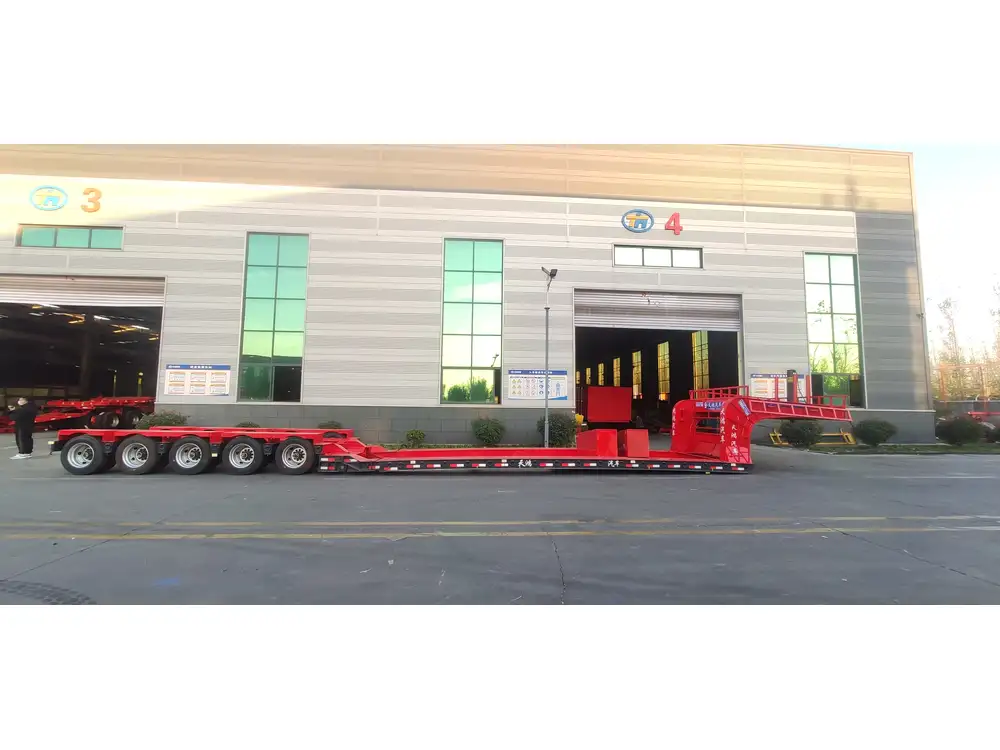
The Process of Licensing a Semi-Trailer
Navigating the licensing process can feel laborious, but a systematic approach can simplify the requirements. Here’s a step-by-step guide:
Step 1: Gather the Necessary Documentation
Before you can register your semi-trailer, ensure that you have all pertinent documents, including:
- Proof of ownership (bill of sale).
- Identification (personal ID or business registration).
- Compliance with safety and environmental regulations.
Step 2: Choose the Right Licensing Authority
Depending on your state, the licensing authority may differ. In some cases, it may be a Department of Motor Vehicles (DMV), while in others, it may be a local transportation authority. Always confirm which authority governs semi-trailer registration.
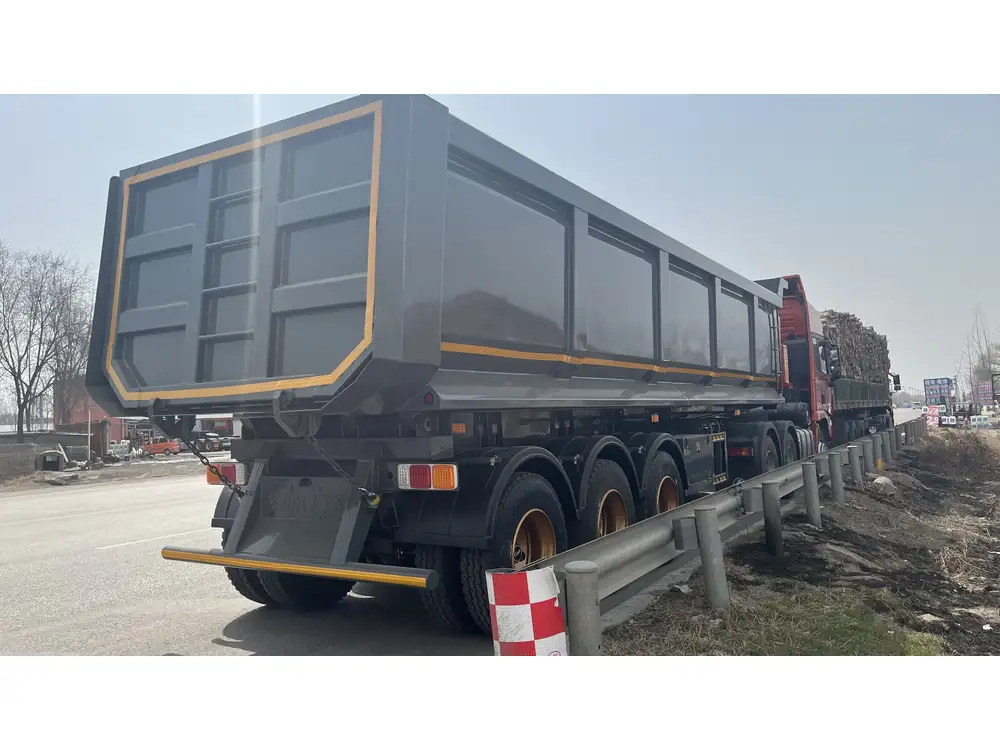
Step 3: Complete the Required Forms
Most states require you to fill out specific forms to initiate the licensing process. These may include:
- Application for Registration.
- Statement of Vehicle Identity.
Step 4: Pay Applicable Fees
Fees will also vary significantly based on the state and type of registration. Be prepared to pay not just for the license plate but potentially for additional fees linked to weight, size, or type classifications.
Step 5: Displaying the License Plate
Once your registration is approved and you have received your license plate, ensure it is properly affixed in compliance with state regulations. This typically involves placing the plate at the rear of the semi-trailer where it is easily visible.

Impact of Commercial Use
The requirement for a license plate becomes even more intricate when considering the commercial use of the semi-trailer. Here are pertinent points to consider:
For-Hire vs. Private Use
- For-Hire Operations: Semi-trailers used in commercial transport for hire are almost universally required to have valid license plates. These vehicles are subject to rigorous oversight to ensure compliance with state and federal transportation regulations.
- Private Use: A semi-trailer used for personal or private purposes may escape some licensing requirements. However, state-specific laws should still be reviewed to ensure compliance.
Case Studies: Licensing Compliance in Action
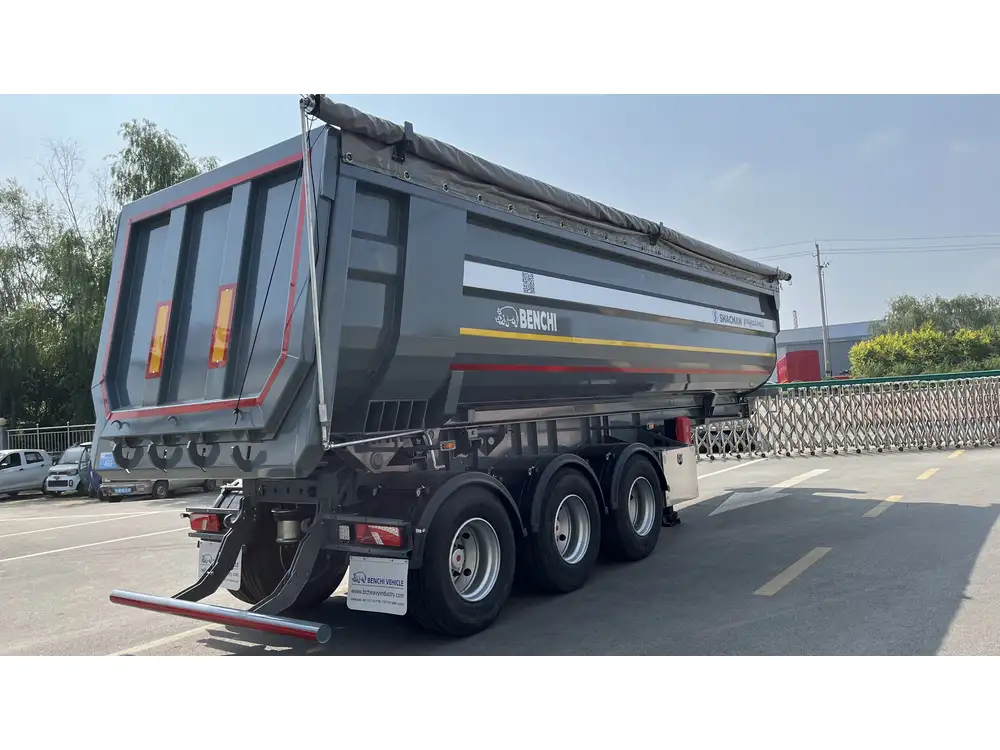
Case Study 1: California Compliance
In California, disregard for semi-trailer licensing regulations led to increased scrutiny on operators. A recent audit found that several companies were operating unlicensed semi-trailers, resulting in significant fines and operational shutdowns. Subsequent regulations enforced stricter compliance checks on weight and registration.
Case Study 2: Florida Exceptions
In Florida, semi-trailer operators often exploit the exemptions related to short-distance transportation. Many have misinterpreted the laws surrounding weight exemptions, leading to a higher incidence of unregistered trailers. Lawmakers responded by clarifying regulations to prevent confusion and ensure safety.
Addressing Common User Questions
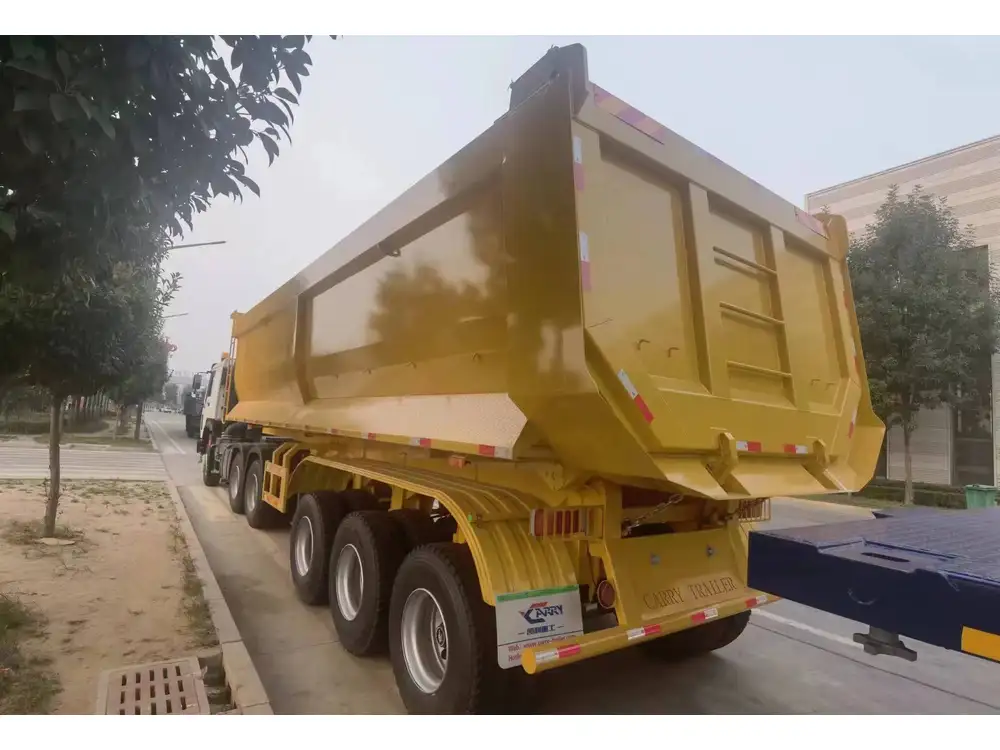
Can I Use My Semi-Trailer Without a License Plate in an Emergency?
Using a semi-trailer in an emergency without a license plate could lead to problematic legal ramifications. While roadside emergencies may necessitate immediate action, it is critical, even under such circumstances, to eventually rectify any registration issues as per regional laws.
What if I Lost My License Plate?
In the unfortunate event of losing a license plate, you should report it to local authorities and apply for a replacement immediately. Driving without a license plate, even temporarily, can attract hefty fines.
How Do I Know If My Semi-Trailer Is Registered?
Checking your trailer’s registration status can usually be done online through your state’s DMV or transportation authority website. Entering your vehicle’s Vehicle Identification Number (VIN) should provide detailed registration information.

What About Multi-State Operability?
For semi-trailers that operate across state lines, harnessing knowledge about the licensing laws in each state is imperative. Multi-state compliance can help avoid legal backlash and ensure smooth operational flow.
Conclusion: Navigating the Complex Landscape of Licensing
In summary, licensing regulations for semi-trailers represent a blend of state-specific mandates, operational requirements, and overarching legal considerations. Navigating this landscape successfully hinges on thorough knowledge of regulations, acquiring the necessary documentation, and maintaining compliance to avoid legal pitfalls.
Manufacturers and operators must continuously monitor the evolving regulatory environment, ensuring that fleet management strategies adapt to new laws, preserving both legality and operational efficiency. Whether you are a fleet manager, a logistics operator, or a semi-trailer manufacturer, understanding and complying with these regulations is essential for sustainable and successful business practices.
As the logistics industry continues to evolve, so too will the requirements for semi-trailer licensing. Staying informed and compliant enables businesses to operate with confidence, catering to the dynamic needs of the transportation marketplace effectively.



